
Loading...
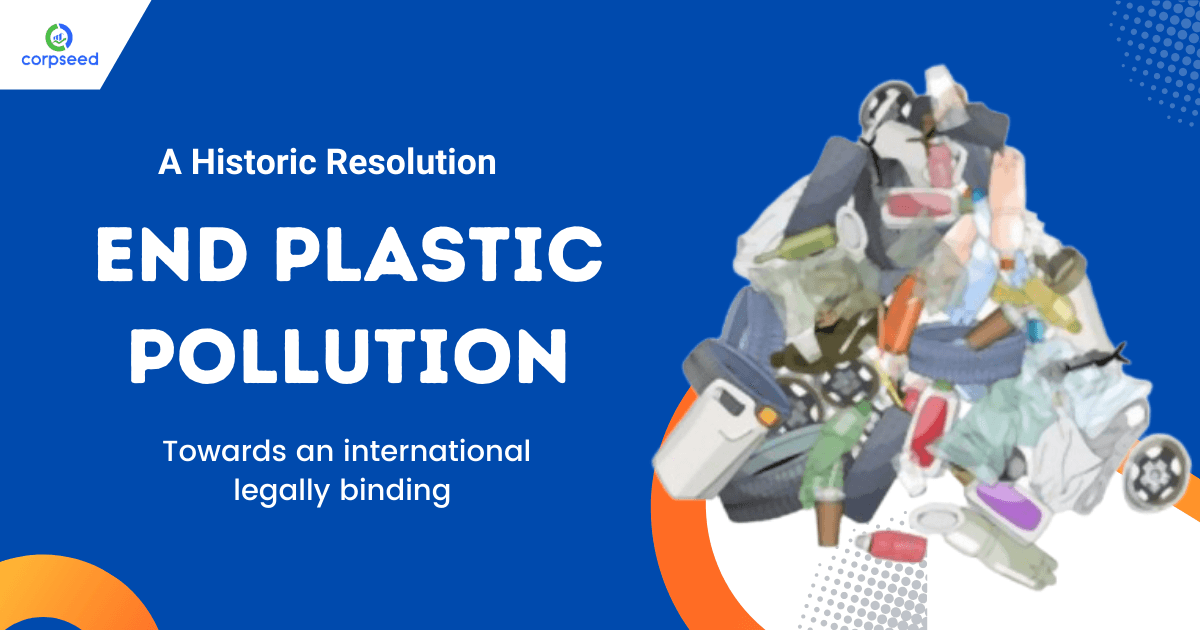
Plastic is becoming an adverse irritant because of unsustainable production and consumption patterns as well as inadequate waste management.
About the Author

Related articles

Environment Ministry Revised White Category Industries under the Air and Water Acts
2025-10-27
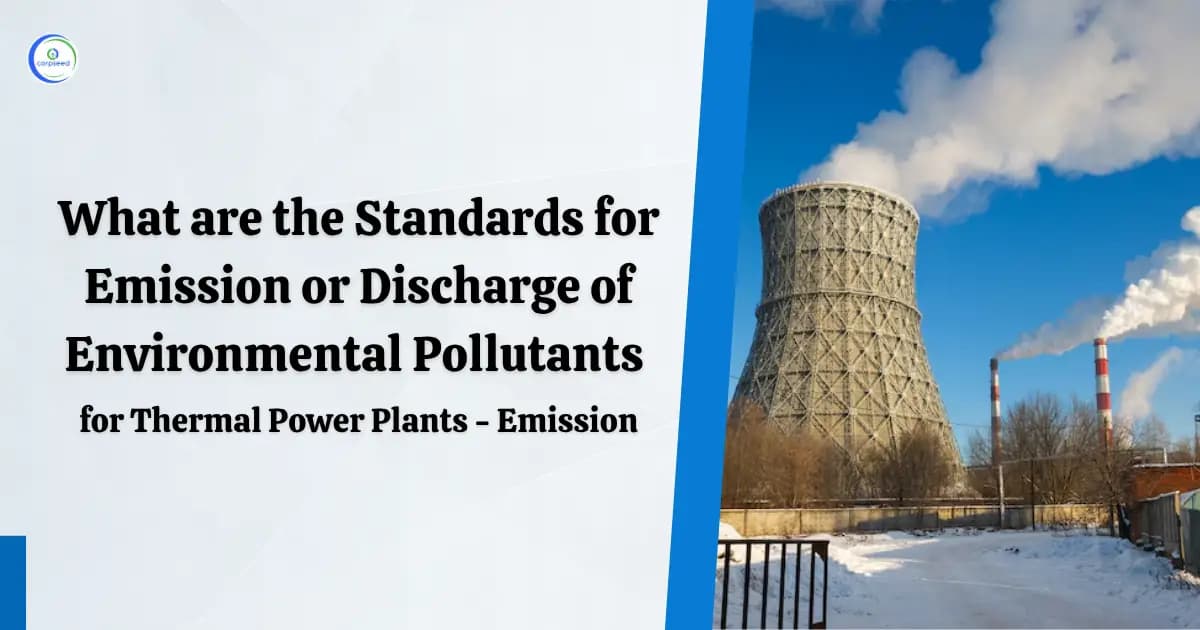
What are the Standards for Emission or Discharge of Environmental Pollutants for Thermal Power Plants - Emission
2025-06-24
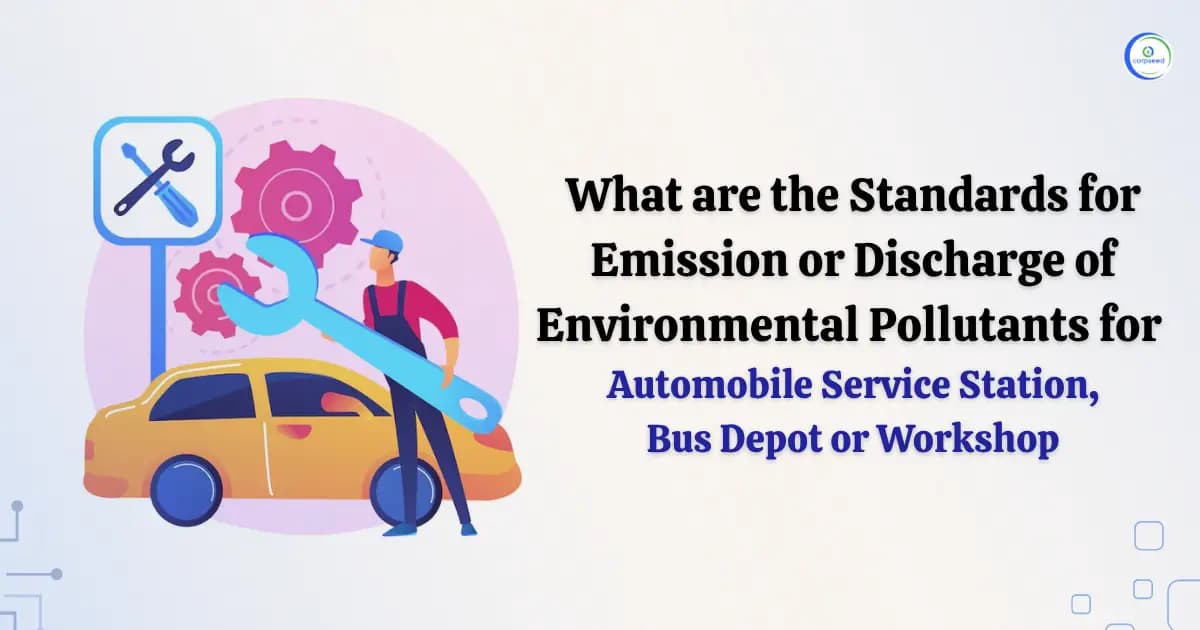
What are the Standards for Emission or Discharge of Environmental Pollutants for Automobile Service Station, Bus Depot or Workshop
2025-06-21
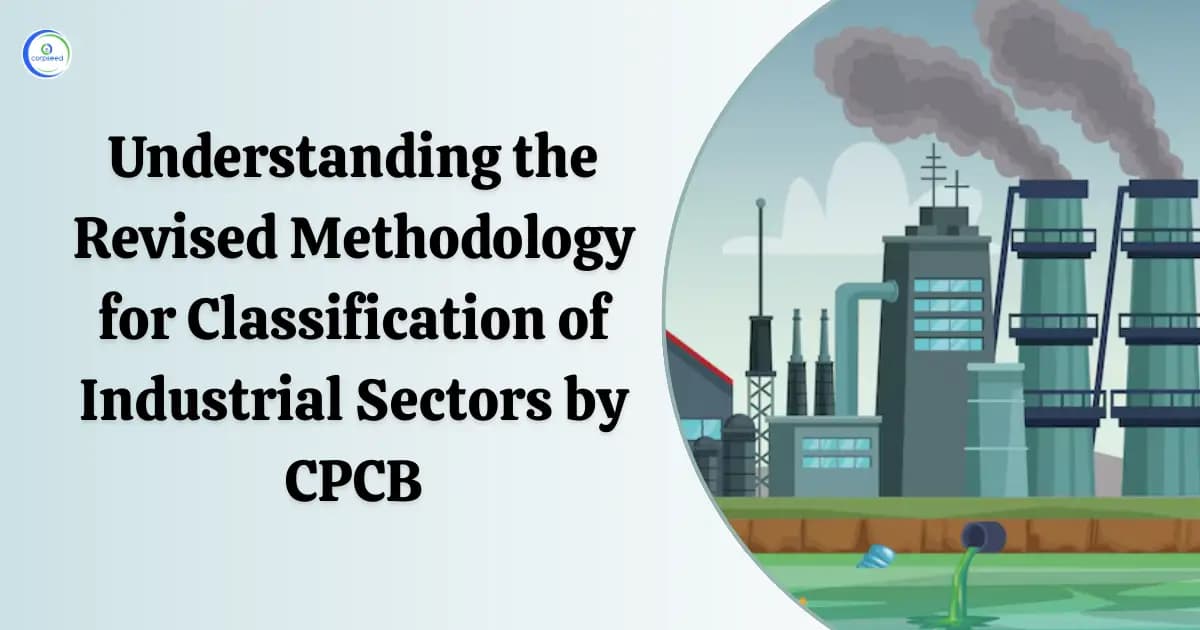
Understanding the Revised Methodology for Classification of Industrial Sectors by CPCB
2025-04-15

Fertilizers (Inorganic, Organic or Mixed) Control Third Amendment Order, 2025
2025-04-01
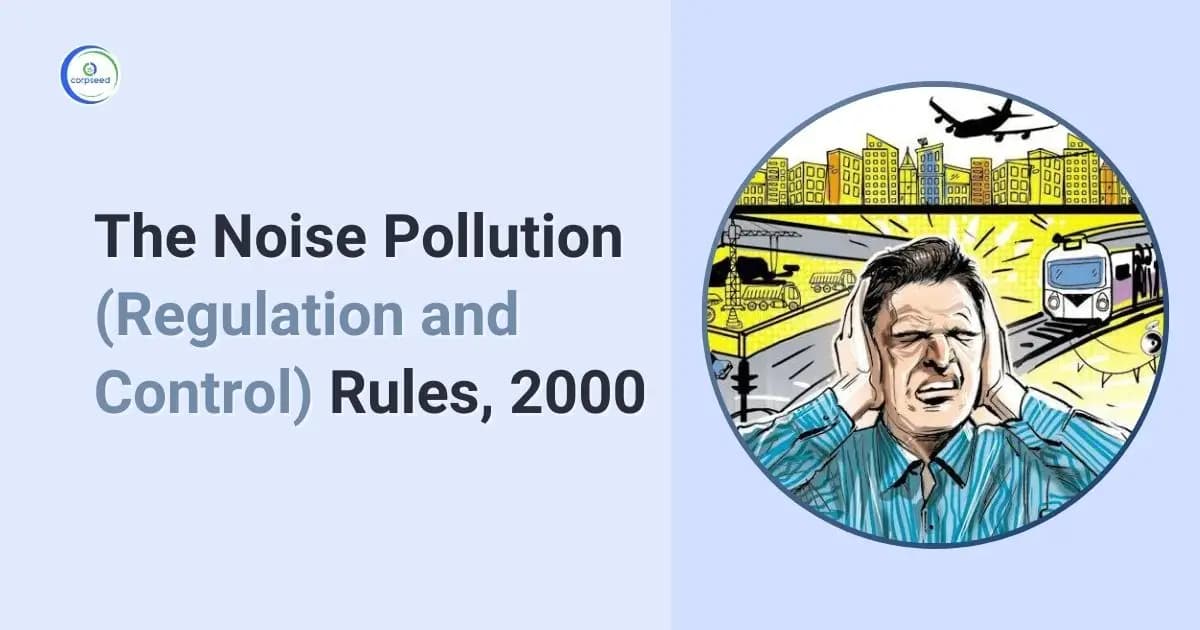
The Noise Pollution (Regulation and Control) Rules, 2000
2024-01-06